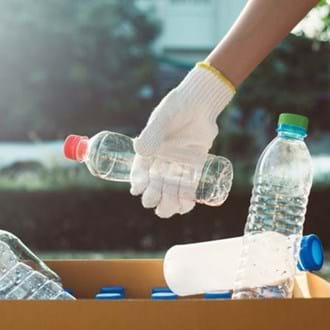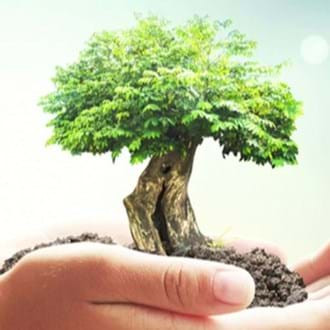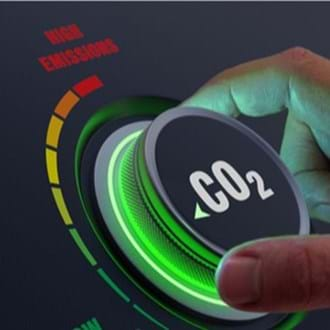Responsible consumption and production
In focus archive
Please note: Some of these links will take you to an external source. Whilst these have been reviewed by our Technical Advisory Group, they do not necessarily represent the opinions and view of IChemE.

Eco product design guidelines – plastics
JANUARY 2022. Development engineers working in the plastics industry need to re-design the products with sustainable materials and to enable separation and reuse/recycling of the polymers at end-of-life. The British Plastics Federation have collated this set of eco-design guidelines covering most types of plastics use and offering a range of measuring systems to quantify and compare 'sustainability' in polymer products.

The global methane assessment: Cuts and acts
JANUARY 2022. Methane gas creates 21 times higher environmental impact than carbon dioxide. Methane is the second largest emission after CO2 in driving climate change, and more than half of all methane emissions come from human activities across three sectors: fossil fuels (35%), waste (20%) and agriculture (40%). This article focuses on global methane assessment and reduction.

Chemical engineering and the circular economy in a low carbon future
JANUARY 2022. This presentation explains the concept of the circular economy in the extractive resources sector and gives an overview of current global initiatives to deliver on circular economy ideals. It includes some examples relevant to the industrial sectors in which chemical engineers work, followed by an outline of a few Australian C.E. examples. Given by Associate Professor Glen Corder, Sustainable Minerals Institute, University of Queensland.